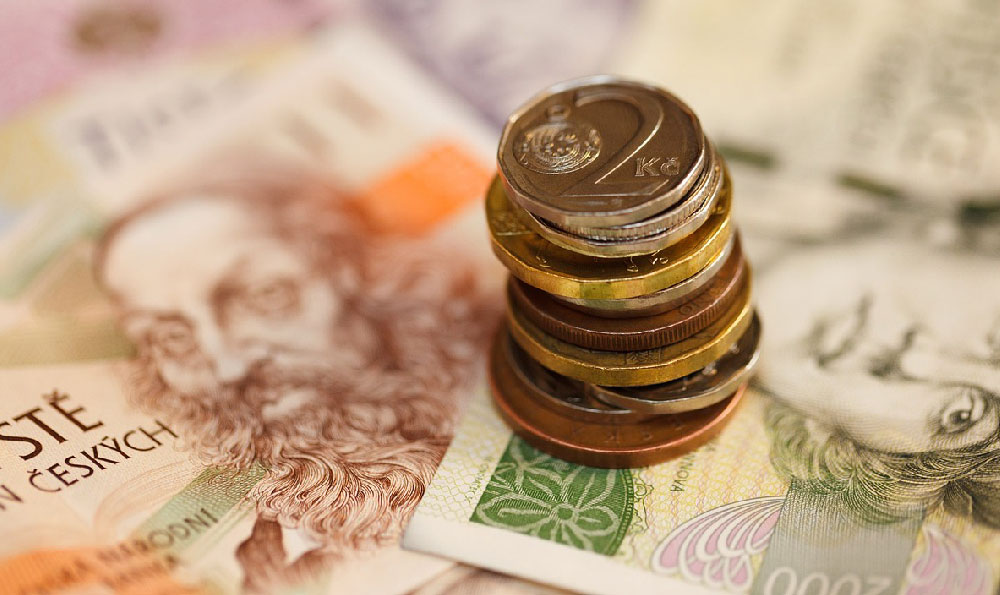Okay, I'm ready. Here's an article addressing how to profit in Township, and what strategies work best, aiming for a comprehensive and informative response.
Unlocking Profitability in Township: Mastering Strategies for Success
Township, the popular mobile game blending city-building and farming simulation, offers more than just aesthetic pleasure. Savvy players can transform their virtual towns into thriving economic hubs, accumulating substantial in-game currency and resources. While the core gameplay revolves around production and trading, understanding the nuances of resource management, strategic planning, and market dynamics is crucial for maximizing profitability. This article delves into the best strategies to unlock Township's economic potential.

At the heart of Township's economy lies efficient resource management. It's not simply about producing goods; it's about producing the right goods at the right time. A cornerstone of this is understanding the interconnectedness of production chains. Consider the chain: wheat is needed to feed animals, animals produce dairy/eggs/etc., and dairy/eggs are ingredients in finished goods. Shortages at any point in the chain can cripple your overall production capacity. Therefore, regular monitoring of your resource levels is essential. Are your fields producing enough wheat to sustain your livestock? Are your factories able to process the raw materials effectively? Tools like using the market or requesting help from your co-op can alleviate production shortages if you are unable to deal with production shortage at that time.
Optimizing crop production is also key. While it's tempting to plant high-yield crops continuously, diversification offers greater stability. Planting a variety of crops ensures that you can fulfill a wider range of orders and avoid relying solely on the demand for a single commodity. Furthermore, consider the planting times for each crop. Faster-growing crops like wheat are ideal for filling gaps and quickly replenishing supplies, while longer-duration crops like strawberries should be planned strategically to align with periods when you can dedicate more time to the game.
Factory management is another critical area. Upgrading your factories is always a worthwhile investment, as it increases production speed and storage capacity. However, before upgrading, analyze your production patterns. Which products are you consistently struggling to keep in stock? Focus on upgrading the factories that produce these goods first. Also, take advantage of factory boosts, which can significantly increase production speed for a limited time. These boosts are often available through events or as rewards for completing tasks. If you are using factory boosts, ensure that you’re actively using the factory for the duration of the boost in order to maximize profit.
The market is your primary avenue for buying and selling goods. However, it's also a dynamic and competitive environment. To thrive in the market, you need to understand supply and demand. Pay attention to which products are frequently requested by helicopter orders, train orders, and zoo orders. These items are typically in high demand and can fetch a premium price in the market. Conversely, avoid overproducing goods that are already abundant, as you'll likely struggle to sell them at a profitable price. Keep an eye on the "price elasticity" of goods; some players will always buy a certain item, even at a higher price.
Actively using the market is crucial for increasing your profitability. Using the dealer can be a great way to get certain resources or products if you are struggling to produce them yourself. The dealer requires t-cash but can be useful in a pinch when you need a certain product. Use the dealer to acquire materials needed for upgrading your town’s buildings or products that are in high demand. Setting up the dealer to find items and then checking back in to see what the dealer has, ensures that you can get materials when needed.
Helicopter orders are a reliable source of income, especially in the early stages of the game. Prioritize completing these orders whenever possible, as they offer a consistent stream of coins and experience points. However, be selective about which orders you accept. Some orders require a disproportionately large number of resources or offer a relatively low payout. Focus on completing orders that provide the best return on investment. Completing helicopter orders also increases your town value as well as gives experience points which will assist with leveling up. Higher levels allow for more factories and buildings, which in turn makes your town more efficient and profitable.
The same principle applies to train orders. While train orders typically offer higher rewards than helicopter orders, they also require a more significant investment of resources and time. Before loading a train, carefully assess whether you can fulfill all the requirements within the allotted time frame. If not, consider sending the train empty to reduce the penalty. Don’t be afraid to send trains away. Trains can be sent away an unlimited amount of times so it is better to only send trains when you can fulfill all the products requested.
Joining a cooperative is also crucial for boosting your profitability. Cooperatives provide access to a wealth of resources and support. You can request help from your co-op members to fill train orders, complete tasks, and acquire rare resources. In return, you should be willing to assist your co-op members with their requests. Cooperative play fosters a sense of community and allows you to leverage the collective knowledge and resources of your fellow players. Participate in regattas; the rewards are well worth the effort, particularly when a team is well-coordinated. Regattas offer various tasks which will give your town a competitive edge and also help with production as well.
Beyond these core strategies, several other factors can influence your profitability. Regularly participate in events, as they often offer valuable rewards, including coins, T-cash, and boosters. Take advantage of special offers and discounts whenever possible. And don't forget to decorate your town. While decorations don't directly generate income, they increase your town's happiness level, which can boost production efficiency.
Investing strategically in your town infrastructure is paramount. Community buildings, like the zoo, offer opportunities to earn coins and other rewards. Upgrading these buildings can increase their capacity and unlock new features. Also, consider investing in land expansions. More land allows you to build more factories, farms, and community buildings, ultimately increasing your production capacity and income potential.
Mastering the art of gifting can also indirectly contribute to your profits. Sending gifts to friends can unlock valuable rewards, such as clovers, which can be used to speed up crop growth or factory production. Building a strong network of friends also increases your access to resources and support.
Ultimately, profitability in Township is a marathon, not a sprint. It requires patience, planning, and a willingness to adapt to the ever-changing market dynamics. By implementing these strategies, you can transform your virtual town into a thriving economic powerhouse and unlock the full potential of this engaging mobile game.











